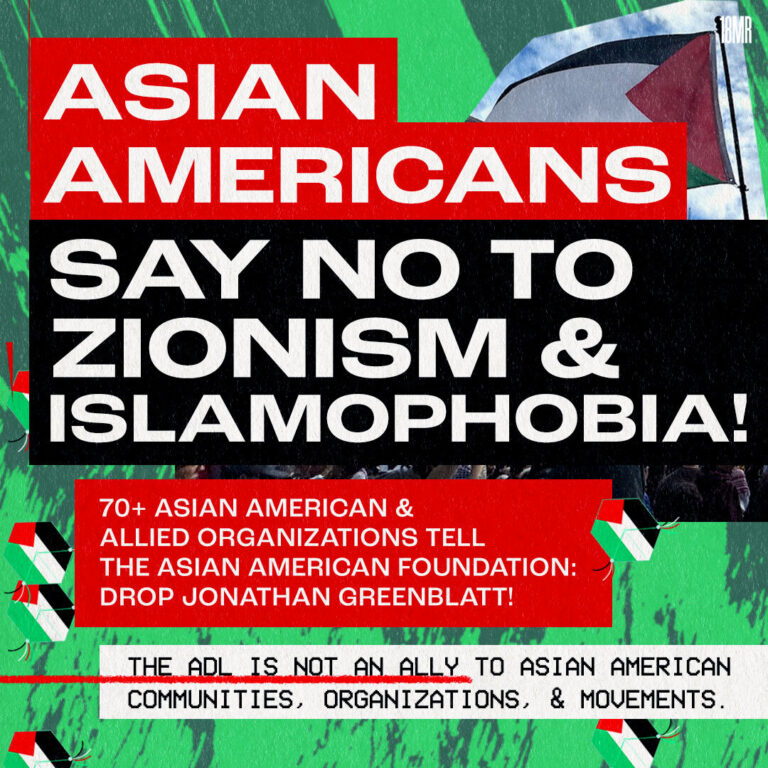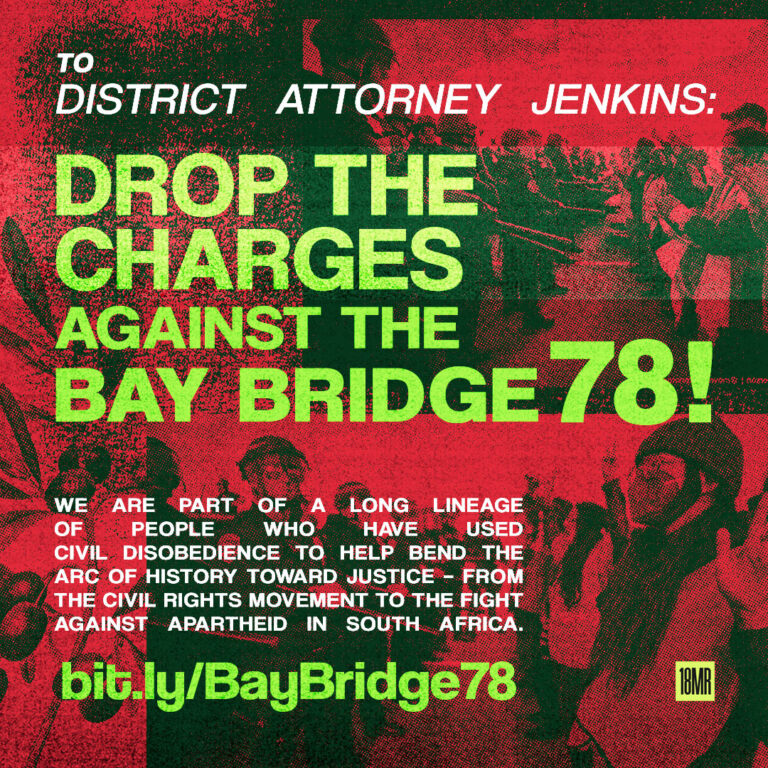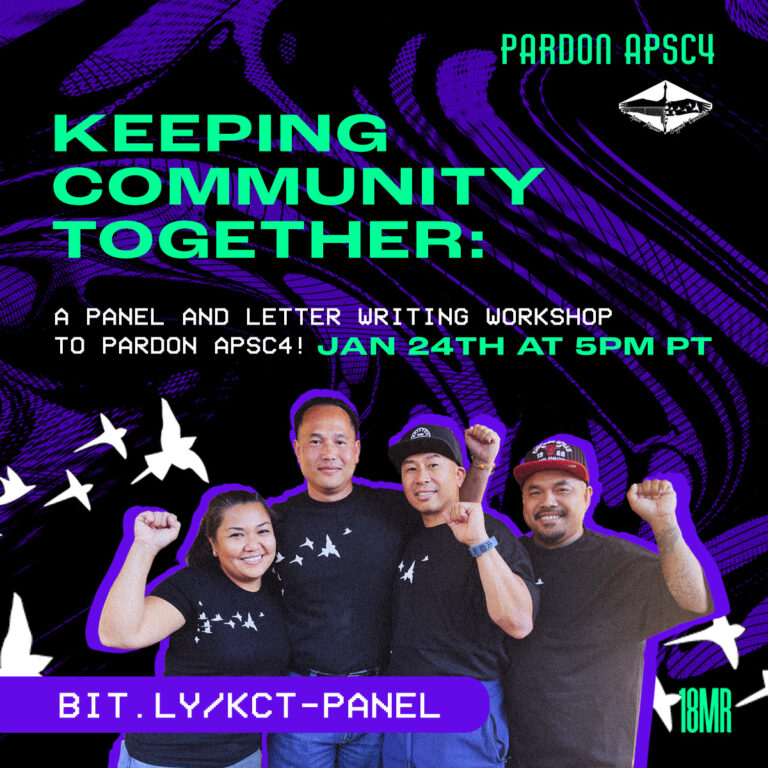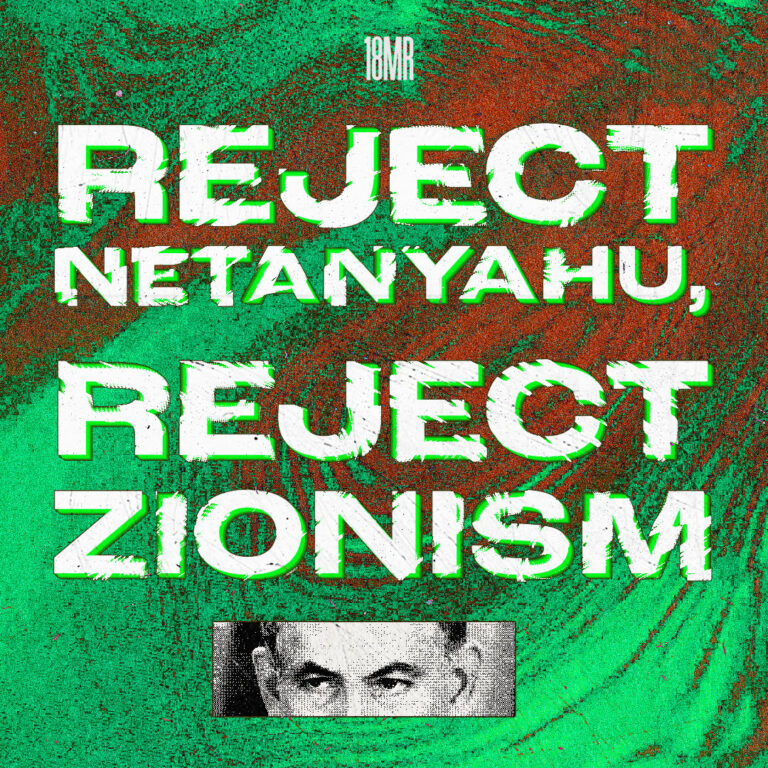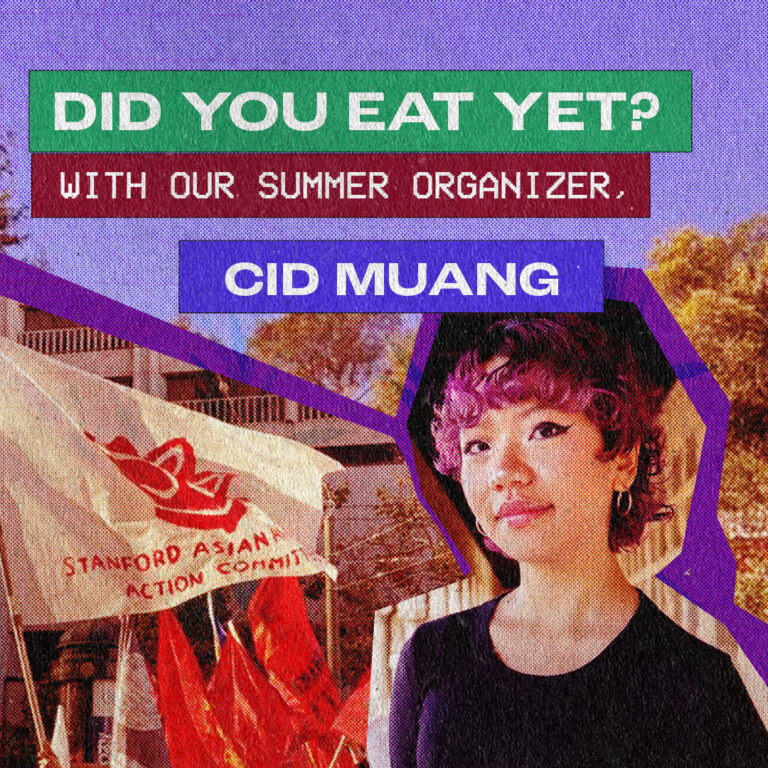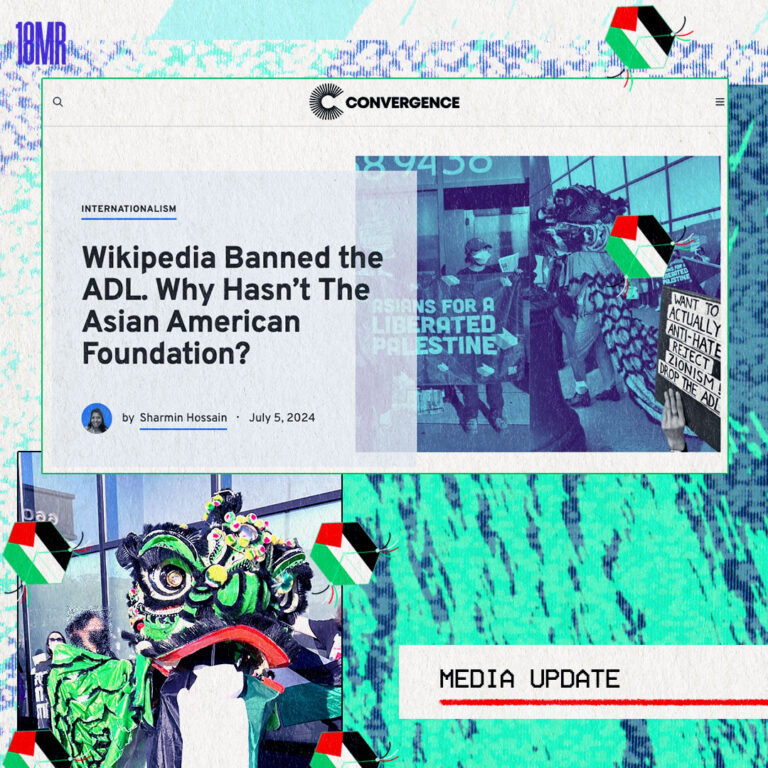sumi: In your book Decolonizing Wealth, you describe a style of leadership among people of color in philanthropy which “embodied the mantra of colonizers: divide, control, and above all, exploit.” And yet, it seems like you have found a way to bring your wholeness and integrity into this field. What has supported you in doing so?
Edgar: It’s a constant struggle to de-center whiteness in our lives. We can’t do this on our own. It takes a collective effort to push back on the inclination to assimilate to the colonizing worldviews.
I found a way to operate in my wholeness through the support of my chosen family. Giving them the liberty to hold me accountable, reflect on my leadership, and being open to feedback. Capitalism is all that most of us have ever known.
Having the right people around you is so important when we’re trying to shift to another way of being that hasn’t existed before.
Who do you have around you that can reflect back to you how you’re showing up? We’ve got to be accountable to community.
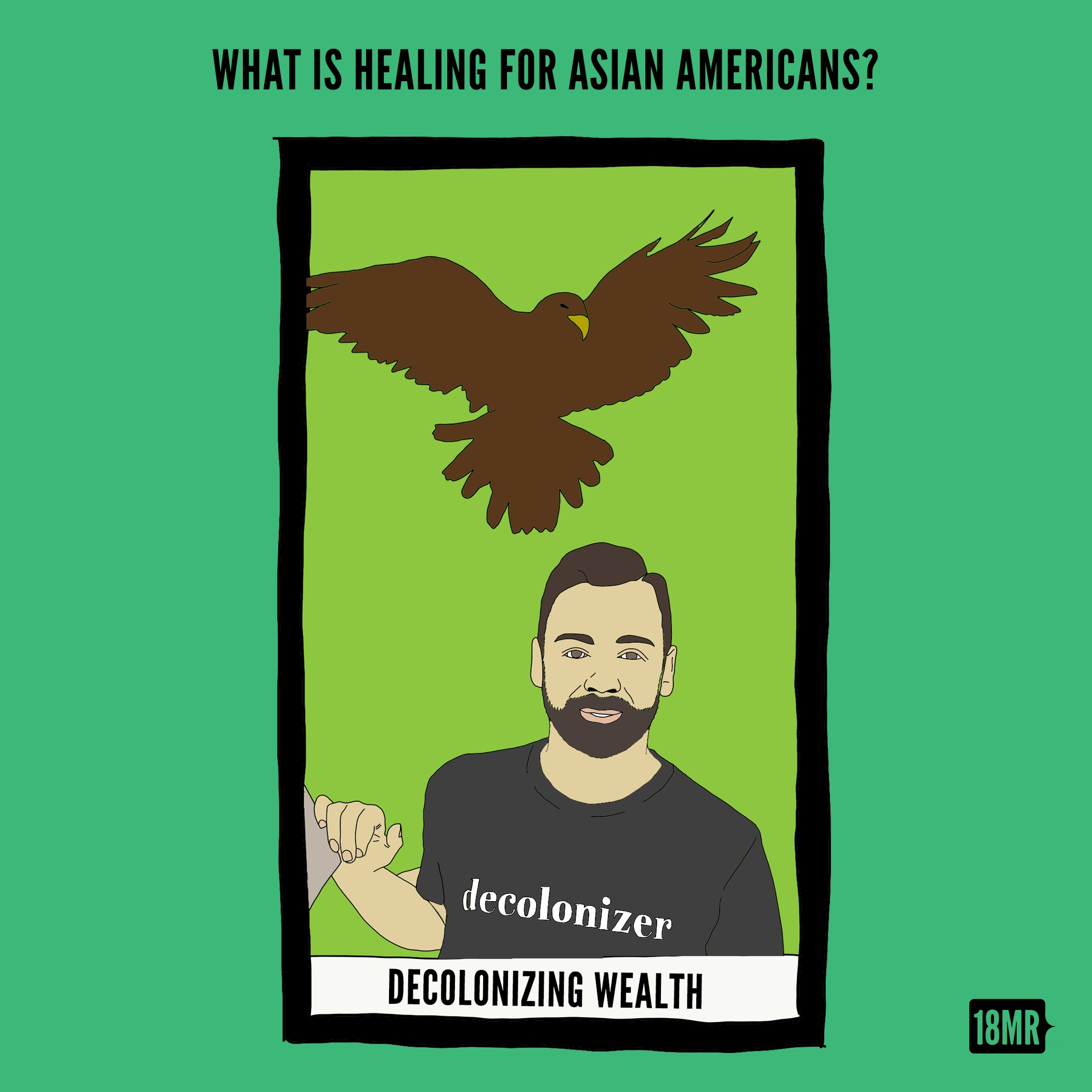
sumi: In the book, you invite philanthropy (foundations and those who run them) into the circle of healing. In spite of philanthropy’s colonizing behavior, you say these too are your relations. How has centering the Lakota saying and principle Mitakuye Oyasin–All My Relations– transformed both you and philanthropy?
Edgar: It’s not an easy thing as a human being to love unconditionally. I don’t wake up every morning feeling this way!
This [principle] came to life for me after the last election, when I went back to Robeson County, North Carolina where my elders are. I was talking to an elder and sharing with her that I felt angry, afraid, and betrayed by folks, even people in my family, who voted against their own interest.
I said to her, “What can I do to move beyond this? Because I don’t want to feel hostile towards every white person I see right now!”
She said, “Edgar, regardless of how anyone votes, whatever side they’re on, you have to love them. They’re your relative. Everyone in this country is in pain and people are voting out of fear and pain that is real to them. It may not make sense to me, but regardless we need to be able to see past that to the humanity of each person and accept them as a relative. You don’t have to like them, but you need to love them.”
I was like, ‘Wow, I’ve never felt less Indigenous because there’s just no way I can feel love towards folks right now.’ But you know I tried that on.
Where I’ve been able to have compassion is that I was raised in North Carolina in a very conservative family. What I believe today is not what I’ve always believed. I’ve had my own personal evolution. And I have to believe that if I could do that, then other people can.
I left NC and I moved to Seattle where I was all of a sudden in a very progressive community. People made assumptions about me when I said I was from North Carolina. There was sort of an intellectual justice policing there. Yet some of those people didn’t have the heart and the love for justice. It was more an “I am more progressive than you” thing. I often sat in those circles and thought, ‘Wow, if my family or people from back home were here, they wouldn’t understand what we’re talking about’. They wouldn’t feel a sense of warmth and belonging in these spaces. So there’s got to be some middle road, right? Not that we ever compromise what is right or have sympathy toward people who are actively killing our communities. But there’s got to be a way that we can push through the polarization to see the common humanity in each other.
There are days where I feel strong enough to move through the world in that way. There are days when I don’t, and that’s okay. Ultimately, to organize in philanthropy, which is dominated by wealthy white folks with a lot of privilege, I have to find a way to enter those spaces and tell the truth, while seeing them as a relative.
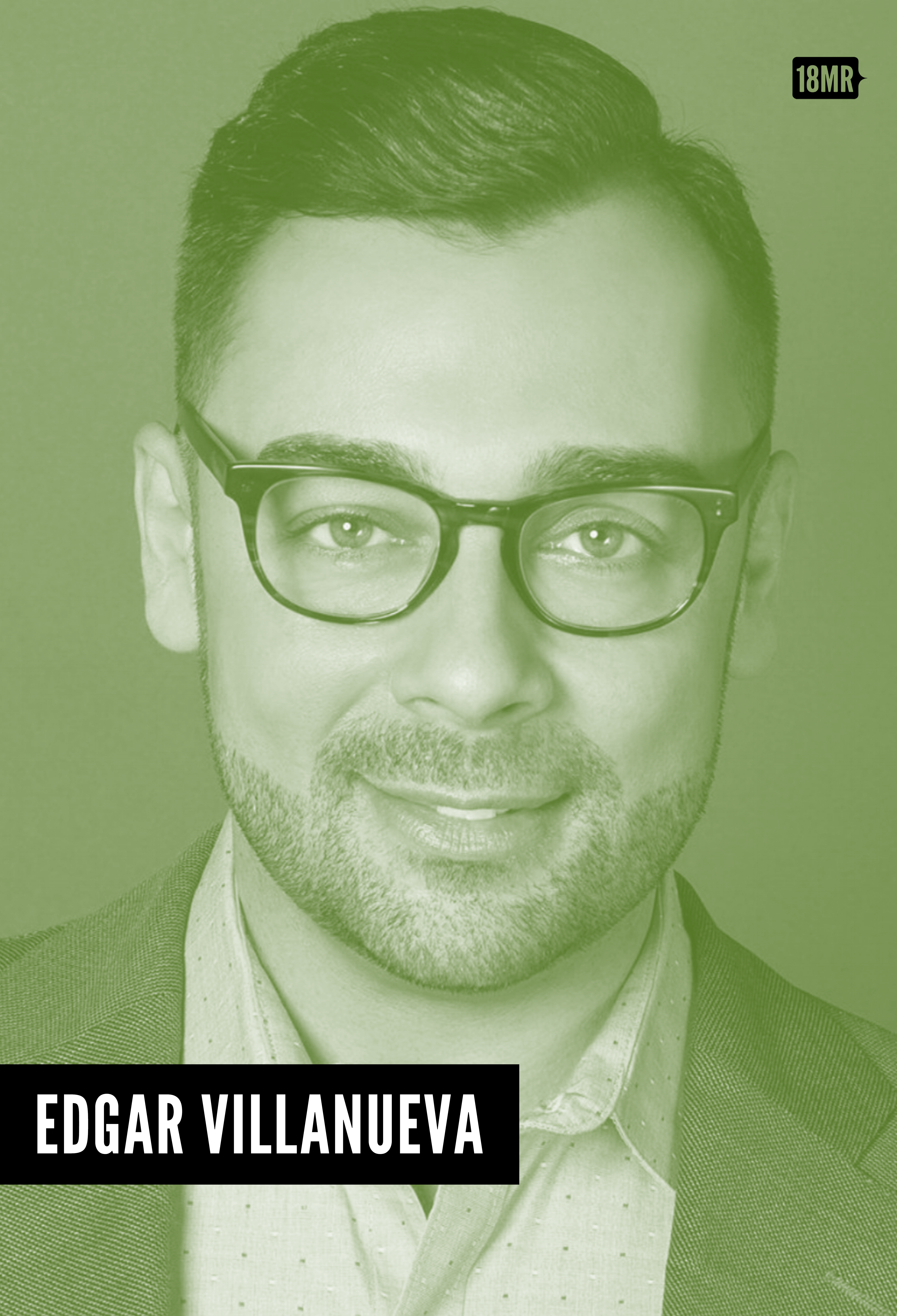
sumi: You’ve said that “moving resources and money helps me feel balanced in my own life.” What ways of money being used as medicine are most inspiring you right now?
Edgar: I’m really inspired. One thing about [the concept of] money as medicine: whatever thing that has called you to serve others is your medicine. For me, my talent or medicine is helping to steward or move resources to marginalized communities.
I’ve seen a willingness from foundations to shift money to operations to make things easier on nonprofits, versus dictating to them how they use money. For a long time we’ve been saying that that’s what you should be doing anyway.
We launched a rapid response fund that supports Native American communities, rural and urban, who are disproportionately impacted by coronavirus as part of our fund, Liberated Capital. We’re raising money from everyday folks to move money to these nonprofits who are on the frontlines of providing food, emergency assistance, paying rent, and especially looking out for our elders and relatives who are shelter insecure. I hear stories of people who are putting up GoFundMe pages to support family and neighbors.
The truth is that when it comes to philanthropy, we often think of the Rockerfellers or the Gates, but it is everyday people, especially poor people, who are the most generous people in this country.
We even have data that shows that lower income people give away a higher percentage of their money. This moment is reinforcing that we are all philanthropists.
sumi:Collectively, we are feeling lots of uncertainty and change. Some are even describing these times as apocalyptic. It makes me wonder what our ancestors might have done to fortify their spirits when they felt their world was ending. What are the practices and values which are supporting you right now that are perhaps also ancient?
Edgar: I’m probably not in the best position to give advice around this because I’m terrible at practicing consistent self-care! But this moment has pushed me to explore that more deeply. There was a lot of anxiety in my household. My partner and I had just travelled to Italy before the pandemic. I actually did a ceremony in my apartment where I burned sage, walked around the house, and made declarations. Even if 100 percent of my being doesn’t quite believe it, I said things like, “We’re gonna be okay.”
Speaking peace over our household and protection over our family. I had to tap deep inside to find the words. I’ve learned that my healing is actually through words.
My tradition is to go back to elders and ask for wisdom. There was a Facebook post on the Council of 13 Indigenous Grandmothers, who are thirteen elders who share wisdom. I read it everyday to remind me that we’re going to be okay. They wrote:
“Original Instructions:
- Be easy on yourself and on others – we’ve been here before.
- We are at the beginning of something new. You are learning a new way of being.
- You will find that you are working less in the yang modes that you are used to.
- You will stop working so hard at getting from point A to point B the way you have in the past, but instead, you will spend more time experiencing yourself in the whole, and your place in it.
- Instead of traveling to a goal out there, you will voyage deeper into yourself.
- Your mother’s grandmother knew how to do this. Your ancestors from long ago knew how to do this. You know how to do this.
- They knew the power of the feminine principle…and because you carry their DNA in your body, this wisdom and this way of being is within you.
- Call on it. Call it up. Invite your ancestors in. As the yang based habits and the decaying institutions on our planet begin to crumble, look up. A breeze is stirring, feel the sun on your wings.”
We can look toward these words and original instructions in our own communities to carry us through.
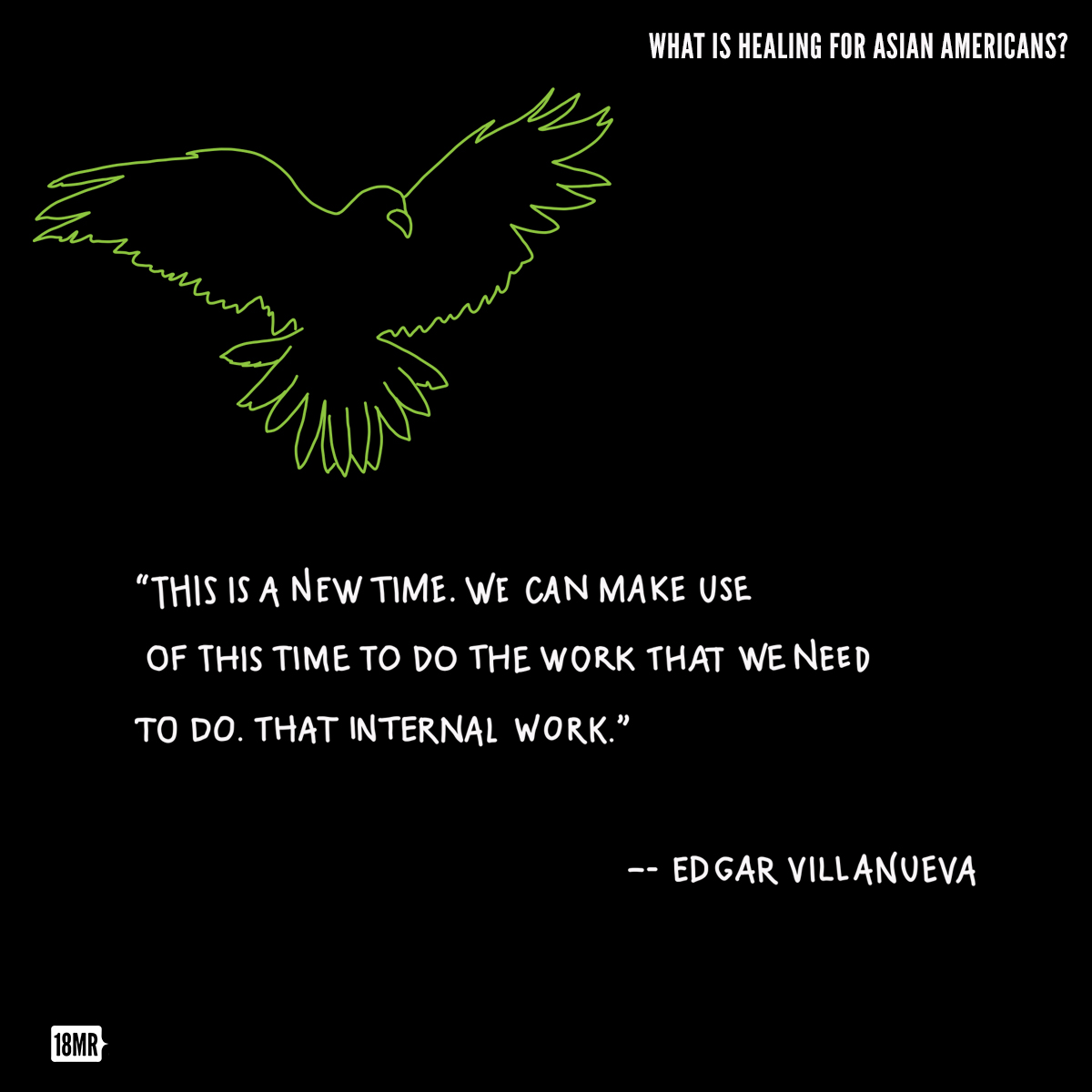
sumi: What makes healing glorious? (paraphrasing Beyoncé here)
Edgar: Freedom and deeper connection with others
sumi: What is your unique gift?
Edgar: Making uncomfortable, complex ideas easy for folks to understand and accept.
sumi: How do we heal harm without punishing “the oppressor?”
Edgar: Healing can happen through caucus work. My job as someone who potentially has been harmed is to focus on my own healing. We do our healing separately, so when we have an opportunity to be in a healing circle with the oppressor, we’re ready to have a conversation that looks towards healing and not condemnation.
sumi: Who do you do this for?
Edgar: I do this work out of obedience to my elders and my community. I also do it for myself because I understand that my liberation is wrapped up in the freedom of others.
This interview is part of “WHAT IS HEALING FOR ASIAN AMERICANS?” an 18MR pilot series exploring the healing possibilities for Asian America, in the face of American exceptionalism and the model minority myth.
To learn more about Edgar’s work, visit: www.decolonizingwealth.com

